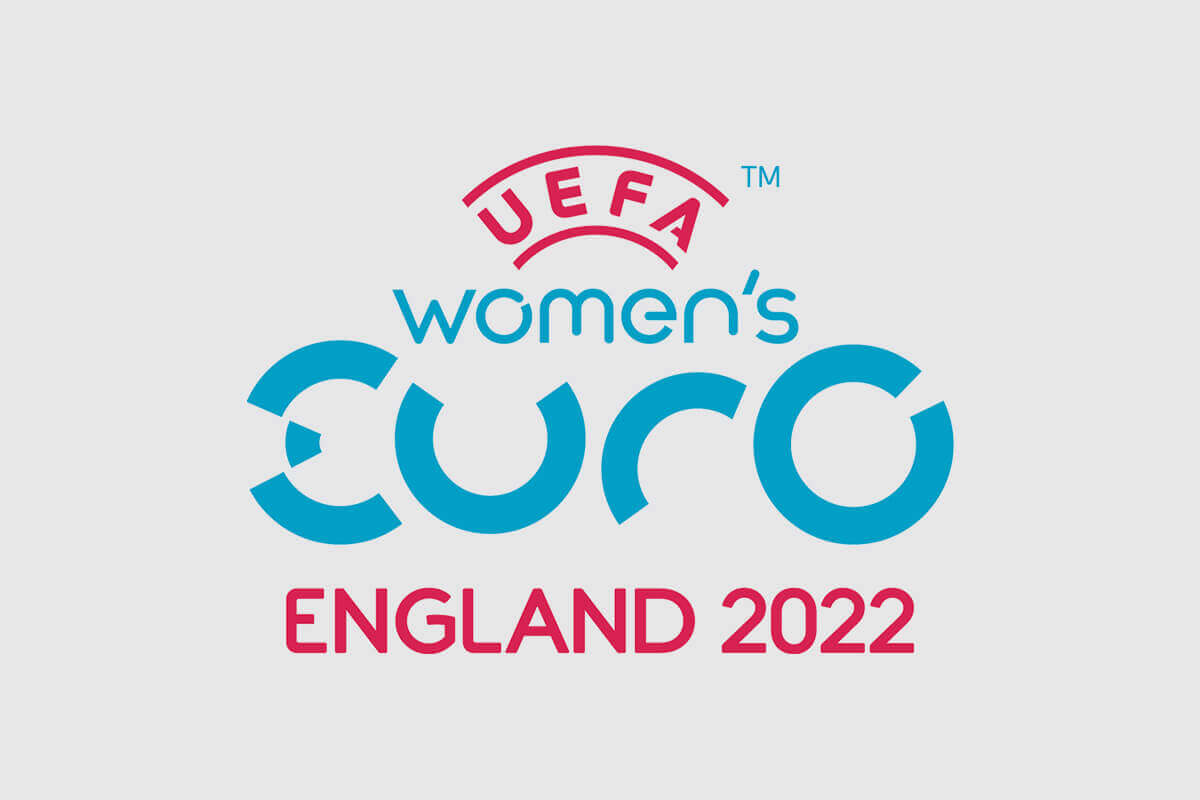One of the biggest football tournaments of the year is starting today (Wednesday 6th July) at 8pm, the Women’s Euro 2022 – with England taking on Austria.
The tournament follows hot on the heels of record breaking attendances for women’s football across Europe, including Barcelona setting a new world record attendance figure of 91,648 for the first leg of its Champions League semi-final. In England, the club attendance record was broken with 49,094 attending the FA Cup final at Wembley, whilst similar records were smashed in France and Sweden.
The Euros is set to be a momentous event, with ticket sales almost doubling since the 2017 tournament in Holland before a ball has even been kicked.Tournament hosts England, known as the Lionesses, are aiming to win the trophy for the first time in its 40 year history.
Do England have a chance of winning?
England are one of the favourites to win (behind Spain), despite having fallen short recently at the 2017 Euros and 2019 World Cup. However, with a rising young talent in Lauren Hemp, support from a large partisan crowd and home advantage, optimism is high.
In terms of the competition, Holland are the current holders, whilst Germany are Europe’s most successful team as eight-time winners. Spain’s position as favourites coincides with many of their squad playing for Barcelona, who are the reigning European club champions. France are ranked third in the world with top players from Lyon and PSG, and one to look out for. And don’t discount Sweden, who finished third in the 2019 World Cup and have been runners-up in the last two Olympic Games.
The group stages are set to get us off to an explosive start, with Group B (Germany, Denmark, Spain, Finland) drawing in lots of attention as the archetypal ‘Group of Death’ – meaning a fancied nation will be bowing out early on. Expect excitement and shocks throughout the tournament with so many high-class teams in the race for the trophy.
Accessible Coverage
The Euros coincides with a booming time for the viewing of women’s sport, with 15.1 million people watching more than 3 minutes of women’s sport coverage between January to March 2022, compared to just 5.06 million in 2021.
Not only has there been a rise in viewing there is an increase in repeat viewing, with 57% of viewers in 2022 having also previously watched women’s sports in 2021.
